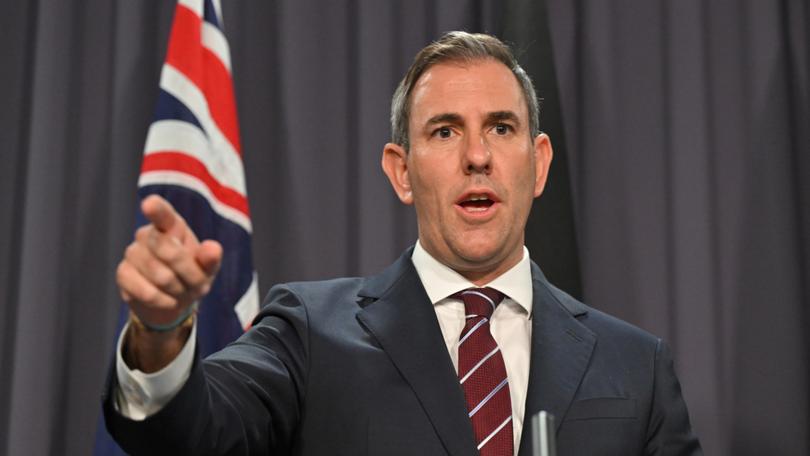Rocketing public spending could lead to higher rates and add pressure on Aussie wallets, ANZ says
Government spending has run faster than the economy can catch up to for the past decade — and could make the Reserve Bank less likely to sharply cut interest rates next year.

Government spending has run faster than the economy can catch up to for the past decade — and could make the Reserve Bank less likely to sharply cut interest rates next year.
Public demand rocketed by an average 5 per cent per year since 2015, ANZ revealed on Wednesday.
That’s twice the growth rate of the economy and three times faster than private demand from businesses and households.
Sign up to The Nightly's newsletters.
Get the first look at the digital newspaper, curated daily stories and breaking headlines delivered to your inbox.
By continuing you agree to our Terms and Privacy Policy.Big pressure looms in the 10 years ahead, too, with the National Disability Insurance Scheme, aged care and defence all likely to need plentiful cash from government coffers.
The big four bank warned the rapid clip of government spending could have unintended consequences in an economy with unemployment of just 4.1 per cent.
ANZ stopped short of arguing the spending growth had pushed up inflation — a position adopted by many economists.
But the report authored by head of research economics Adam Boyton did make clear that the public sector could be draining activity away from households and businesses, slowing their growth.
While there were signs governments may be set to ease back on spending, continued high growth would mean the Reserve Bank was likely to leave interest rates at a “restrictive” level.
Mr Boyton said it was hard to draw any conclusions in the near term.
When the Reserve Bank does cut rates, it will likely go no lower than 3.6 per cent — unless public demand declines more sharply than forecast, the report said.
ANZ reckons there will be three cuts starting in 2025 and interest rates will remain “restrictive”.
The consequence of higher rates over the long term will likely be slower growth in consumer spending and investment into houses, because both are interest rate sensitive, the report said.
Originally published on The Nightly
